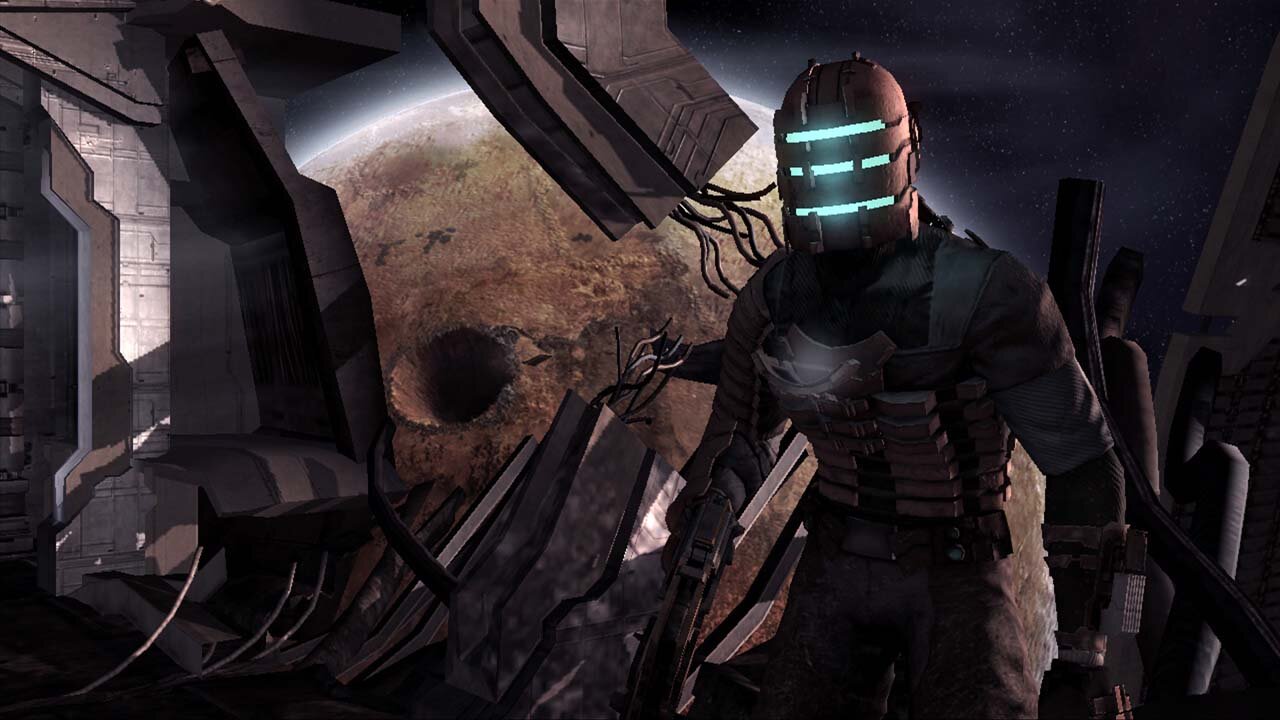
In 1986, the world bore witness to one of gaming’s most important watershed moments, an event whose profound impact on the medium is still seen today, in games released every week. Protagonists, game worlds, sound effects, and art direction; there is no facet of design that this single creative work hasn’t influenced. It isn’t The Legend of Zelda or Metroid. It isn’t Out Run, Adventure Island, Kid Icarus, Bubble Bobble, or Castlevania. It isn’t even a videogame.
The gaming legacy of James Cameron’s Aliens cannot be overstated. Ignore all thirty games actually based on Aliens and consider the past twenty-two years of gaming as a whole. Syd Mead’s art and designs cover every game from R-Type to Halo 3. H.R. Geiger’s titular xenomorph is mirrored in hundreds of enemies, even beyond Contra. The group dynamics and character archetypes of Cameron’s protagonists are the template for almost every squad-based shooter ever made. And the forbidding labyrinth of colony LV-426 has defined entire genres, particularly the first-person shooter. This movie is where the space marine, modern videogames’ essential lead, comes from. Aliens made many, many games what they are. But no one game has ever gone as far in recreating the entire Aliens experience – of allowing you to actually enter a dilapidated, abandoned science fiction world full of monsters hunting you from the shadows – as EA Redwood Shores’ Dead Space. The Ishimura and its broken, dimly lit passages, the bloodthirsty and relentless necromorphs spawned from the ship’s dead, the weapons you wield as Isaac Clarke (the pulse rifle and flame thrower being the direct nods,) even Jason Graves and Rod Abernathy’s screeching, dissonant score are all explicitly lifted straight out of the film. The game’s disparate parts conspire to let you actually play James Cameron’s sci-fi survival ride instead of watch it. The gameplay follows the formula precisely: at the start of all twelve chapters in Dead Space, you are instructed to go to a place, locate that chapter’s MacGuffin (a machine that needs fixing, a person, a creature that needs killing,) eliminate a specific obstacle, and survive a constant and seemingly unstoppable, unpredictable threat aided only by limited supplies and unreliable supporting characters. What’s more, Dead Space succeeds, a work that ends up as far more than the sum of its borrowed parts.
Read More...